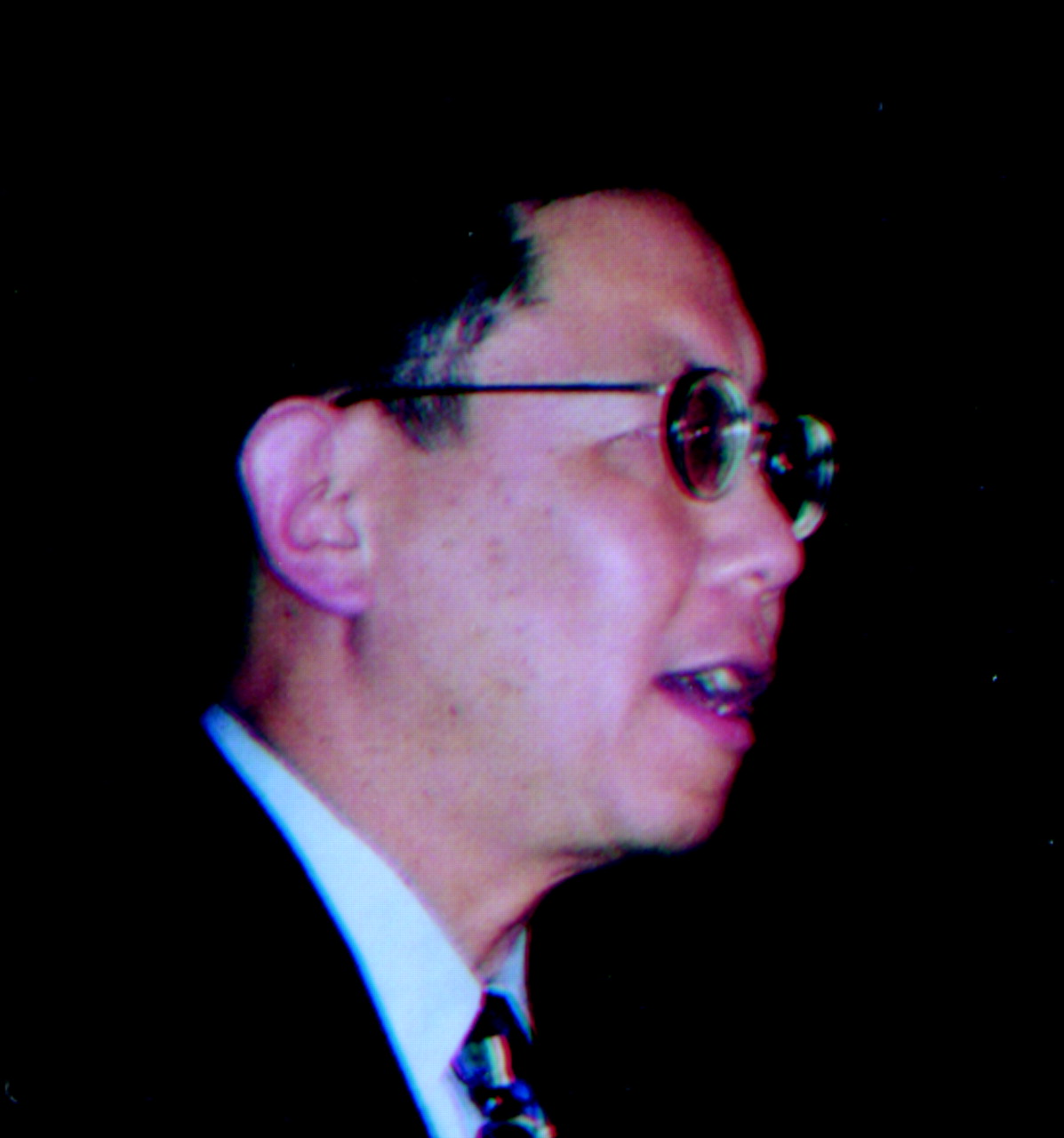NIMH Head Promises More Support for Geriatric Psychiatry

Richard Nakamura, Ph.D.: “AAGP has been very effective in influencing [NIMH’s] perspective.”
“You come up with the ideas, and we have the money,” said Nakamura in the keynote address at this year’s American Association for Geriatric Psychiatry (AAGP) annual meeting. “The AAGP has been quite effective in influencing our perspective and getting us to rethink what we were doing in the area of geriatric psychiatry.”
Nakamura was appointed acting director of NIMH after the resignation of Steven Hyman, M.D., who left late last year to become provost at Harvard University. Nakamura, a behavioral neuroscientist whose doctorate is in psychology, has worked at NIMH since 1976. Most recently he was director of science policy and planning.
Nakamura acknowledged what he called a “federal health leadership crisis,” noting, in addition to Hyman’s departure, the resignations of the directors of both the National Institute on Alcoholism and Alcohol Abuse and the National Institute on Drug Abuse. Along with the long-vacant directorship of the National Institute of Neurological Diseases and Stroke, he said, “this leaves four neuroscience institutes without directors, and still there is no sign that they will be replaced anytime soon.”
In addition to leadership problems, Nakamura said, NIMH is anticipating, based upon President George W. Bush’s budget proposal, what would amount to a relative decrease in funding for mental illness treatment programs, continuing a long trend. Although the Bush administration’s budget request includes increases for total funding for NIH, continuing a commitment to double its overall funding, NIMH is receiving proportionately less money from the National Institutes of Health (NIH), its parent agency, to fund mental health treatment programs. “With even generous estimates,” he said, “over the last 10 years, the real funding in this area has decreased by half.”
Funding of research and training programs has not fared much better, he noted. In 1992, he said, NIMH funded 341 research fellows. By 2000, that number had decreased to 210. “It doesn’t take very long to conclude that the number could conceivably go to zero.”
“Despite all this,” Nakamura declared, “I am here to tell you that the outlook is really pretty good.”
Nakamura cited NIMH’s active participation in the surgeon general’s reports on mental health over the last few years, detailing that mental illness is mediated by the brain, affects overall health, and is highly amenable to treatment.
“These are very stark messages that we have to take out and use over and over again,” Nakamura urged, “until we convince the public as well as our legislators and those who control the purse strings of medical compensation that it is true.”
Nakamura pledged continued NIMH support for the Institute of Medicine’s study of psychiatric training, looking at “how can we make that course of study simultaneously more effective and less time consuming.” The NIMH is continuing its work with the Residency Review Committee in Psychiatry to look at not only how to improve training overall, but how to allow a research track as well.
Nakamura announced that the institute is about to come out with a new series of education research grants that will allow psychiatry departments to apply for unrestricted grants to improve psychiatric education, training, and research.
In addition, Nakamura announced that NIMH will declare the field of geriatric psychiatry as “high need.” This will allow the institute to increase significantly its funding under the NIH’s loan-repayment program.
“And finally, you [AAGP] had asked us to find a way to emphasize geriatric psychiatry or aging within NIMH, so I am announcing tonight the formation of the NIMH Aging Consortium,” he said. The consortium will identify and clarify pathways for research funding through NIMH and will be responsible for proposing initiatives in geriatric psychiatry to the NIMH director.
The NIMH Web site is www.nimh.nih.gov. ▪



